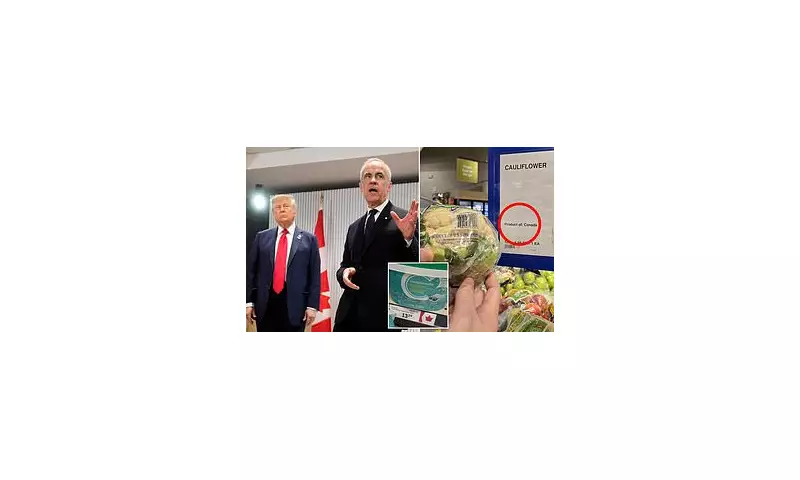
A major investigation has exposed a brazen deception unfolding on the shelves of Canada's biggest supermarkets. Leading retailers, including Loblaws and Costco, have been caught systematically mislabelling imported fruits and vegetables as 'Product of USA', a move that misleads consumers and skirts punishing tariffs on foreign goods.
The scandal was uncovered by the Canadian Food Inspection Agency (CFIA), which found a widespread pattern of fraud. Produce originating from countries like Mexico and China was being repackaged with labels falsely claiming it was grown in the United States. This practice allows importers to avoid a hefty 18% tariff applied to many non-North American produce items under the USMCA trade agreement.
The Supermarkets Implicated
While the practice appears to be an industry-wide issue, investigators specifically named retail giants in their findings. The deception not only constitutes a clear case of food fraud but also risks igniting a significant trade dispute with the United States, which has its own strict rules on country-of-origin labelling.
Why This Deception Matters
For the average shopper, this scandal strikes at the heart of consumer trust. Shoppers pay a premium for produce they believe is sourced from neighbouring trading partners, often under the assumption of higher safety and quality standards. This deliberate mislabelling strips consumers of their right to make informed choices about the food they feed their families.
On a larger scale, the implications are severe. This practice distorts the market, undermines honest producers who correctly label their goods, and flouts international trade laws. The Canadian government, through the CFIA, has been urged to take immediate and forceful action, including launching criminal investigations where appropriate.
A Looming Trade War
The ramifications extend far beyond Canada's borders. American lawmakers and agricultural bodies are now aware of the scheme. If the mislabelling is proven to be a deliberate strategy to avoid tariffs, it could prompt a fierce retaliatory response from the United States, potentially sparking a new front in the ongoing trade tensions between the two nations.
This scandal serves as a stark reminder of the complex and often opaque journey food takes to reach our plates. It calls for greater transparency, stricter enforcement of labelling laws, and accountability for corporations that choose to deceive the public for profit.





